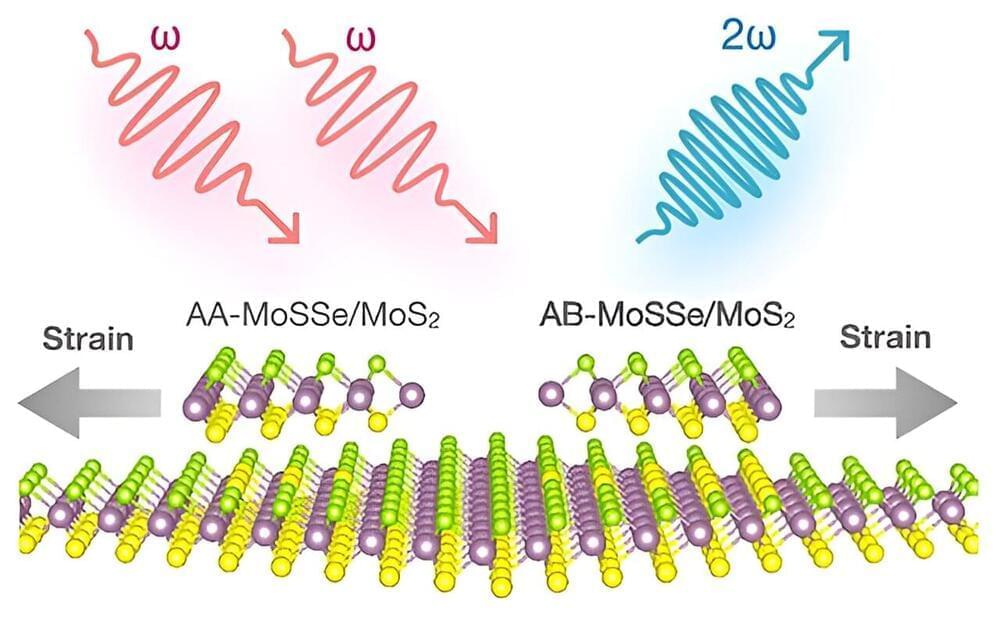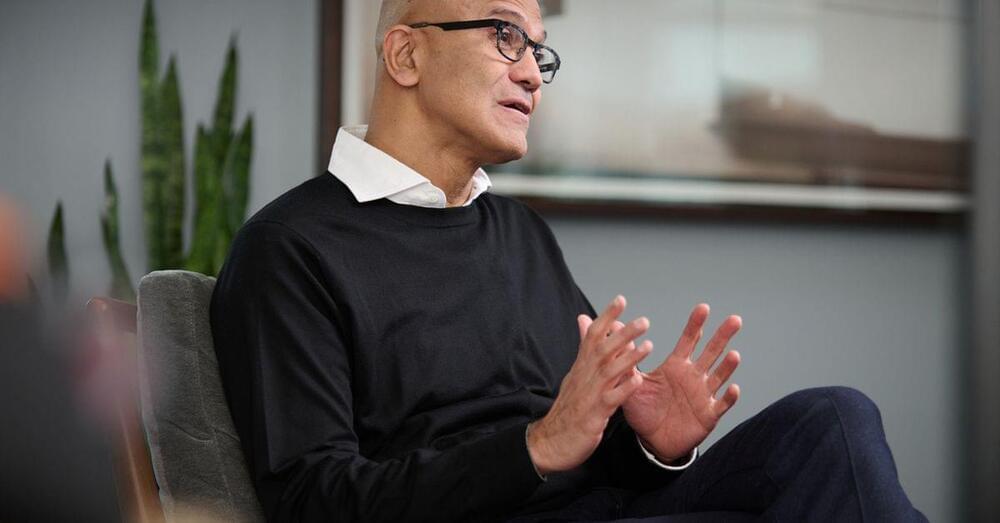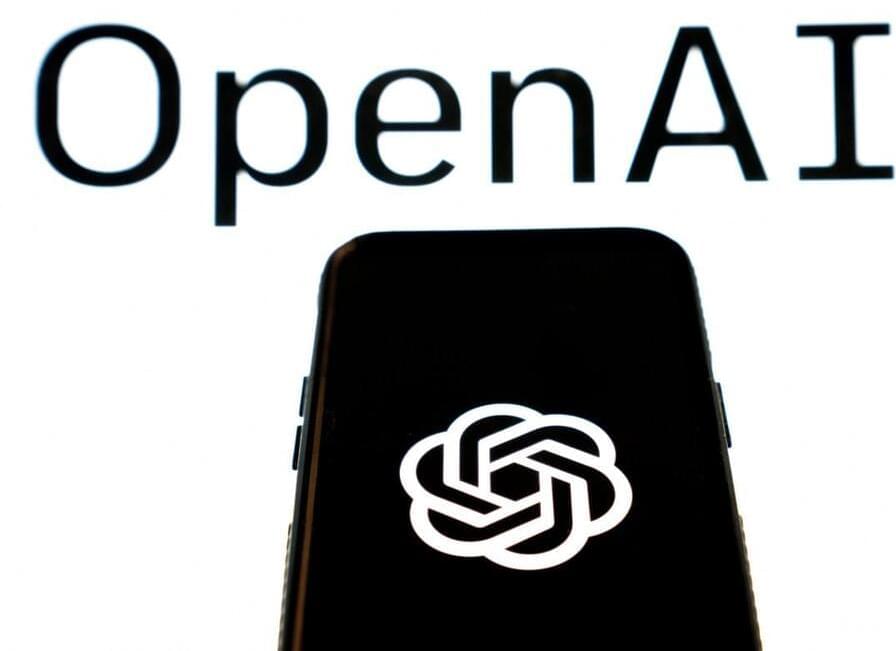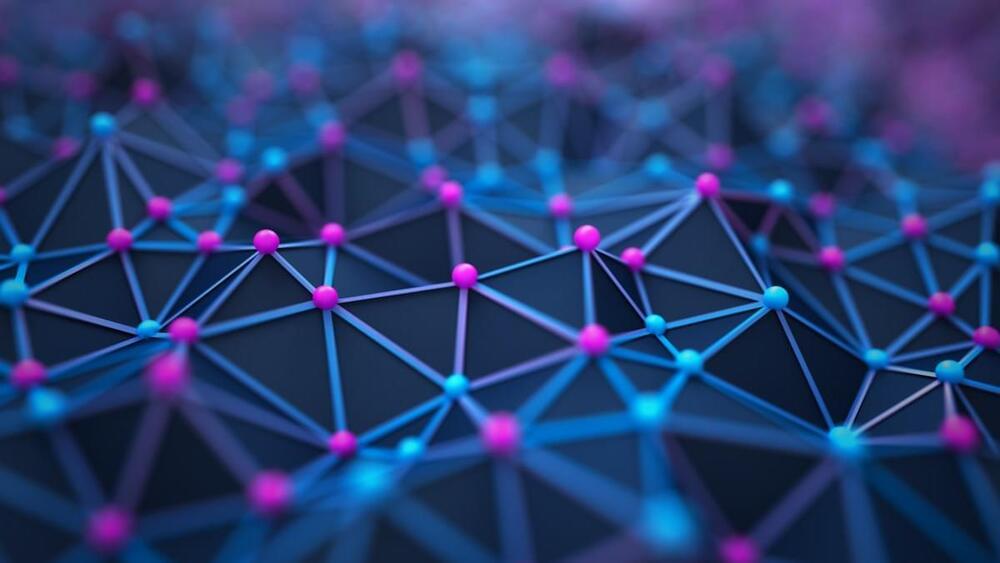NASA astronaut Frank Rubio is finishing up the longest single flight in U.S. space history at 371 days.


Using snapshots taken over 20 years with NASA’s Chandra X-ray Observatory, astronomers have learned important new details about an eruption from Eta Carinae witnessed on Earth in the mid-19th century.
Chandra data spanning decades has been combined into a new movie that contains frames of Eta Carinae from 1999, 2003, 2009, 2014, and 2020. Astronomers used the Chandra observations, along with data from ESA’s (European Space Agency’s) XMM-Newton, to watch as the stellar eruption from 180 years ago continues to expand into space at speeds up to 4.5 million miles per hour. The new insights gleaned from Eta Carinae show how different space observatories can work together to help us understand changes in the universe that unfold on human timescales.
A paper describing these results appears in The Astrophysical Journal.


A group of researchers from Tohoku University, Massachusetts Institute of Technology (MIT), Rice University, Hanoi University of Science and Technology, Zhejiang University, and Oak Ridge National Laboratory have proposed a new mechanism to enhance short-wavelength light (100–300 nm) by second harmonic generation (SHG) in a two-dimensional (2D), thin material composed entirely of commonplace elements.
Since UV light with SHG plays an important role in semiconductor lithography equipment and medical applications that do not use fluorescent materials, this discovery has important implications for existing industries and all optical applications.
Details of the research were published in the journal ACS Nano on August 29, 2023. The study was selected to be featured on the cover.


The European Commission will launch an anti-subsidy investigation against Chinese automakers, which may result in higher import duties on electric vehicles.
The boom has finally been lowered on Chinese electric-vehicle companies. On September 13, European Commission president Ursula von der Leyen used her State of the Union speech to announce that the organization is launching an “anti-subsidy investigation into electric vehicles coming from China.”
The move—which could have serious ramifications for global automakers—has long been in the making.

Microsoft is looking at next-generation nuclear reactors to power its data centers and AI, according to a new job listing for someone to lead the way.
Microsoft thinks next-generation nuclear reactors can power its data centers and AI ambitions, according to a job listing for a principal program manager who’ll lead the company’s nuclear energy strategy.
Data centers already use a hell of a lot of electricity, which could thwart the company’s climate goals unless it can find clean sources of energy. Energy-hungry AI makes that an even bigger challenge for the company to overcome. AI dominated Microsoft’s Surface event last week.
Microsoft is hiring someone to lead its nuclear strategy.

When OpenAI first unveiled GPT-4, its flagship text-generating AI model, the company touted the model’s multimodality — in other words, its ability to understand the context of images as well as text. GPT-4 could caption — and even interpret — relatively complex images, OpenAI said, for example identifying a Lightning Cable adapter from a picture of a plugged-in iPhone.
But since GPT-4’s announcement in late March, OpenAI has held back the model’s image features, reportedly on fears about abuse and privacy issues. Until recently, the exact nature of those fears remained a mystery. But early this week, OpenAI published a technical paper detailing its work to mitigate the more problematic aspects of GPT-4’s image-analyzing tools.
To date, GPT-4 with vision, abbreviated “GPT-4V” by OpenAI internally, has only been used regularly by a few thousand users of Be My Eyes, an app to help low-vision and blind people navigate the environments around them. Over the past few months, however, OpenAI also began to engage with “red teamers” to probe the model for signs of unintended behavior, according to the paper.

Kolena, a startup building tools to test, benchmark and validate the performance of AI models, today announced that it raised $15 million in a funding round led by Lobby Capital with participation from SignalFire and Bloomberg Beta.
The new cash brings Kolena’s total raised to $21 million, and will be put toward growing the company’s research team, partnering with regulatory bodies and expanding Kolena’s sales and marketing efforts, co-founder and CEO Mohamed Elgendy told TechCrunch in an email interview.
“The use cases for AI are enormous, but AI lacks trust from both builders and the public,” Elgendy said. “This technology must be rolled out in a way that makes digital experiences better, not worse. The genie isn’t going back in the bottle, but as an industry we can make sure we make the right wishes.”

Google announced this morning it will be shutting down its Google Podcasts app later in 2024 as part of its broader transition to move its streaming listeners over to YouTube Music. The company earlier this year announced YouTube Music would begin supporting podcasts in the U.S., which will expand globally by year-end, and more recently said it was adding the ability for podcasters to upload their RSS feeds to YouTube also by year-end.
Today, Google says it plans on further increasing its investment in the podcast experience on YouTube Music and making it more of a destination for podcast fans with features focused on discovery, community and switching between audio podcasts and video. The latter is something rival Spotify has also been working on with its rollout of video podcast support to creators worldwide last year, along with community features like Q&As and polls.
However, to make YouTube Music the new home for podcasts, that means moving users away from the current offering, Google Podcasts. The company notes this plan reflects how people are already listening. According to Edison, about 23% of weekly podcast users in the U.S. say YouTube is their most frequently used service versus just 4% for Google Podcasts.